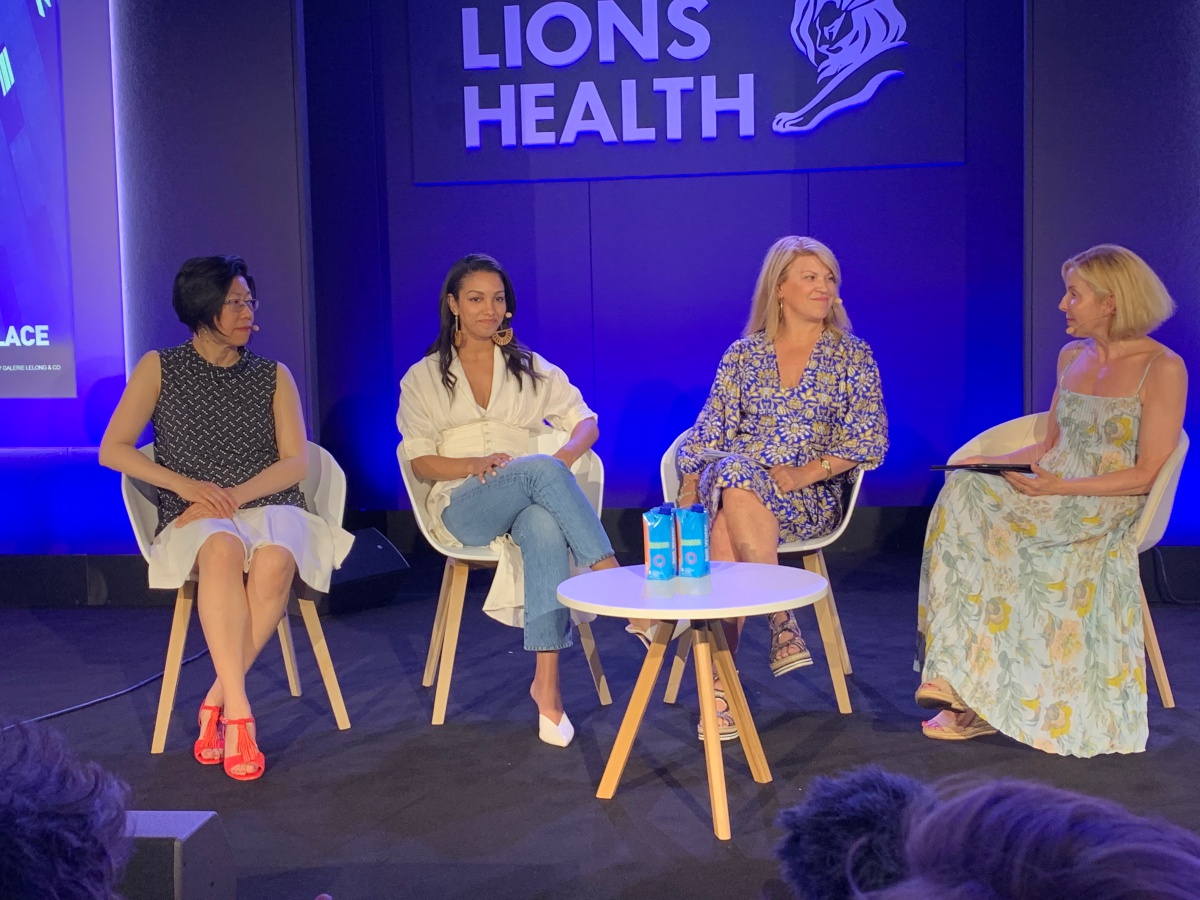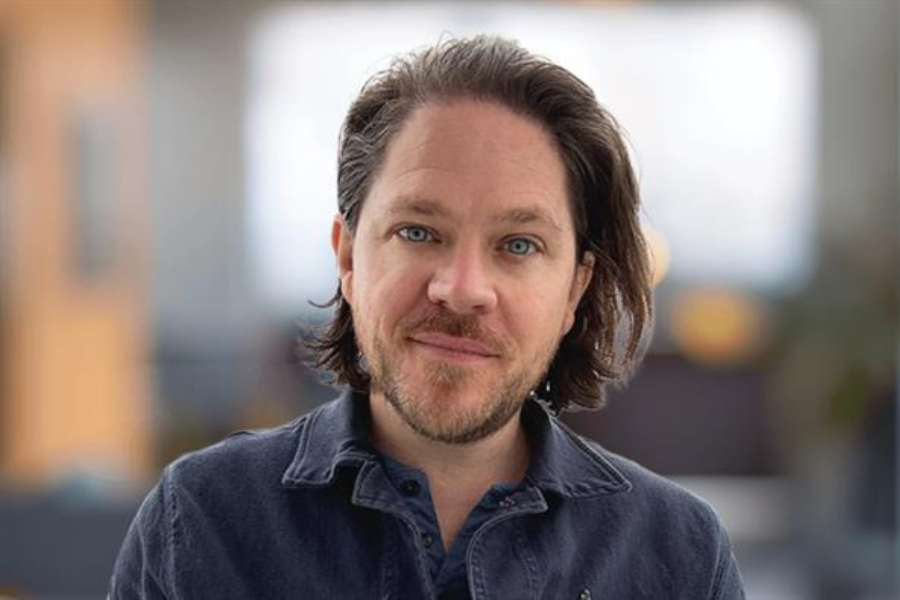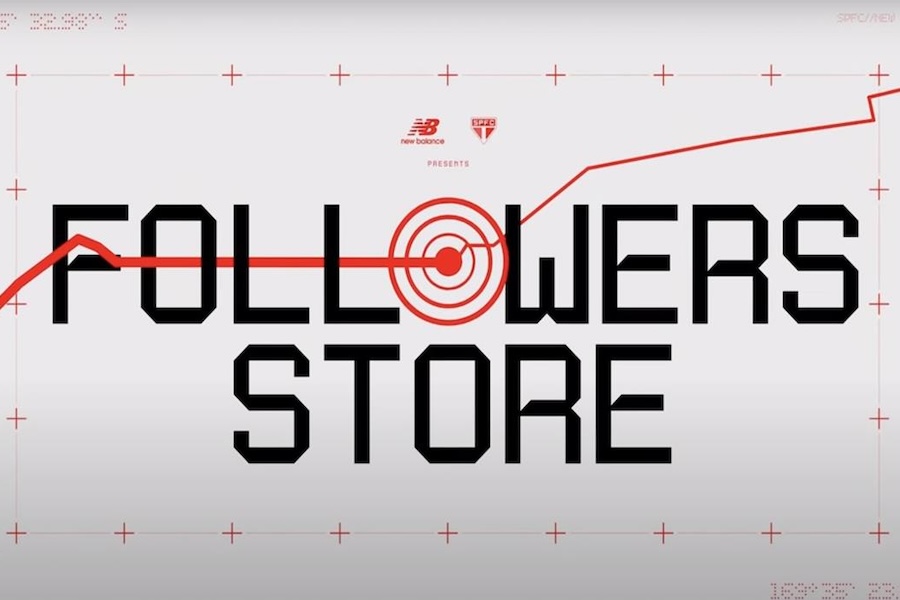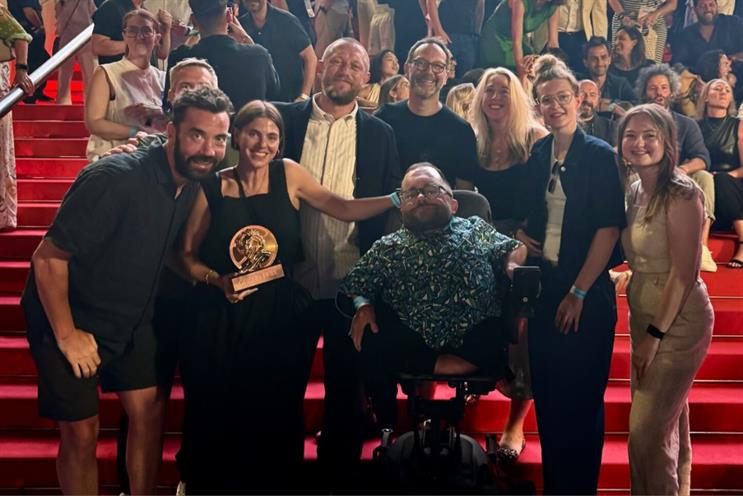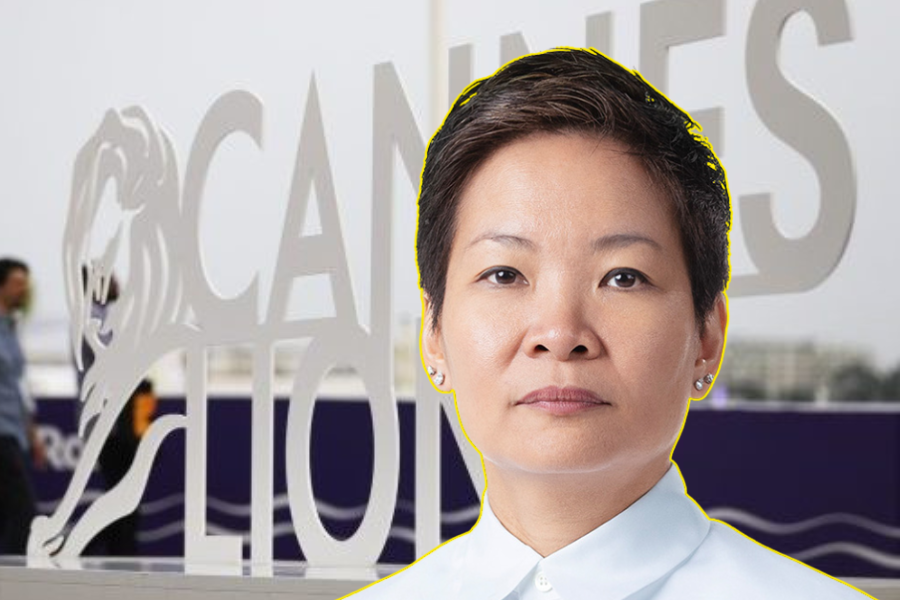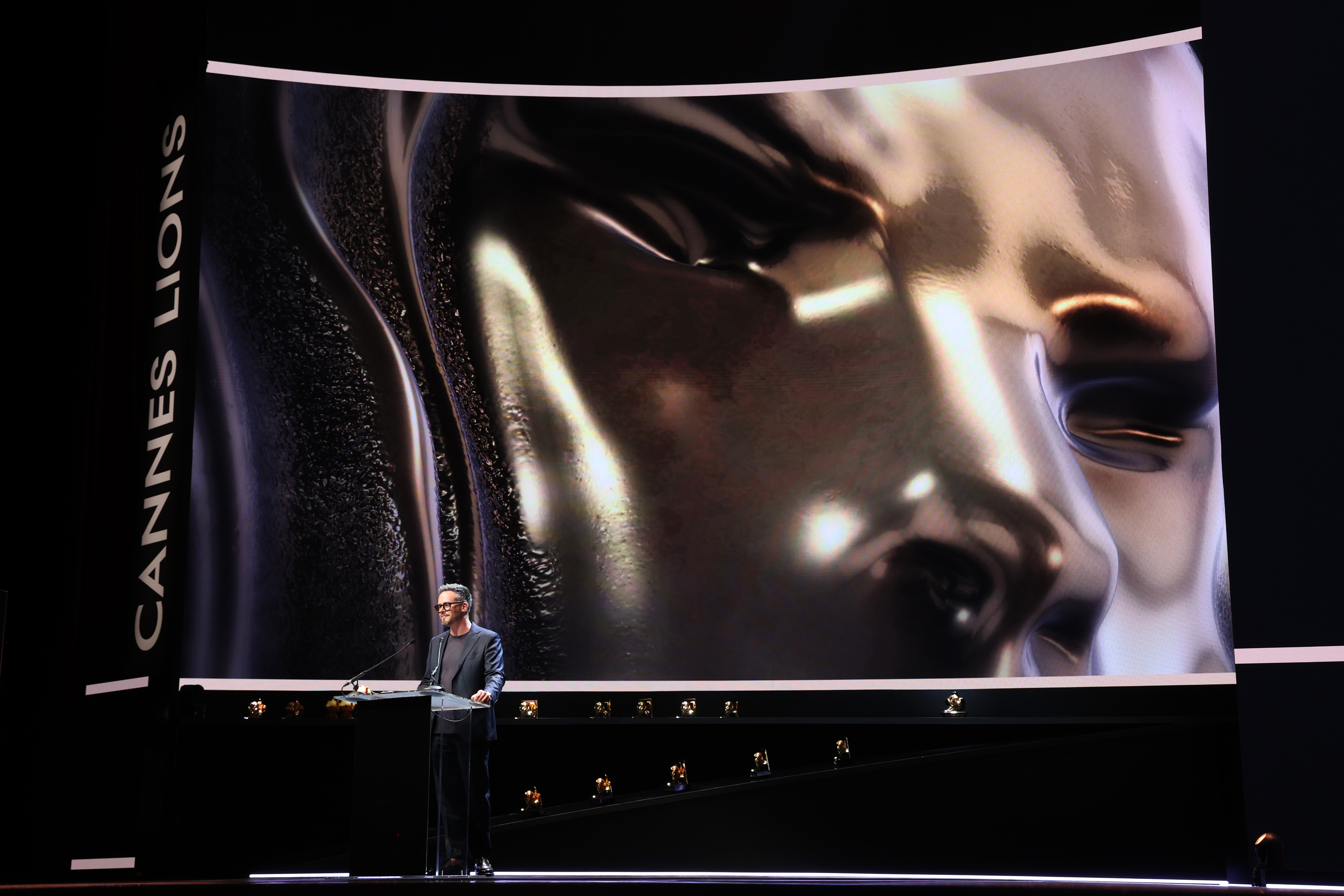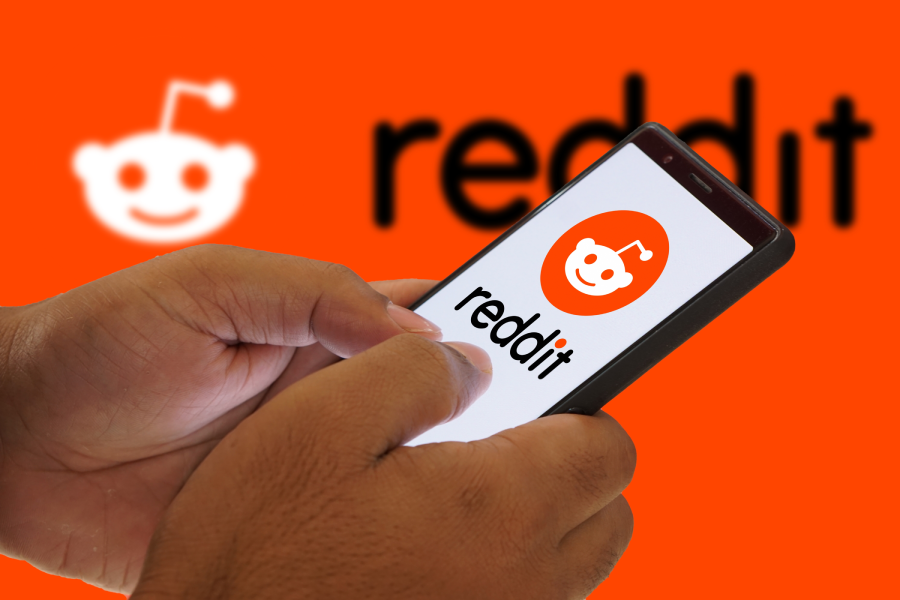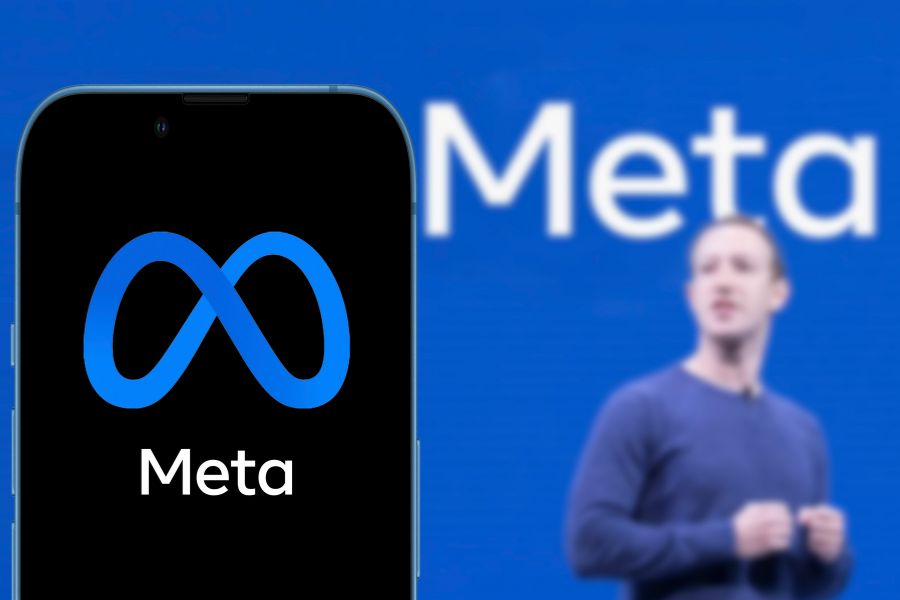“It’s becoming uncool to be on Facebook. And Instagram is just starting to go south. It’s becoming less and less about artistic expression, which is what I thought was wonderful about it at the get-go.”
Damning words for the social media platforms from Kathy Delaney, global chief creative officer of Publicis Health, echoing a view that has prevailed across the first day of talks at Cannes Lions 2019 today. Even my taxi driver on the way into Cannes from the airport told me he'd recently deleted his Facebook account, fed up with the deluge and inanity of content.
Delaney spoke in the context of a conversation about poor mental health in creative industries, towards which social media came through as an undeniable contributing factor. Her fellow panelist Corinne Foxx, the actor and model who formerly worked as a creative at Ogilvy (and is the daughter of actor Jamie Foxx), shared that she deleted her Twitter account from her phone when she realised it was becoming detrimental to her own policy of “self-care”.
Foxx, who first revealed publicly that she has anxiety two and a half years ago, when the conversation around mental health “wasn’t what it is today”, said she received plenty of negative feedback about the piece she wrote sharing her experiences, alongside much support. She is grateful to be a millennial, she said, and therefore old enough to process such harmful comments, but she fears for her pre-teenage sisters who might not be able to because they've grown up so completely immersed in the digital world.
Rankin was another powerful voice decrying the effects of social media today. The photographer, who also said that he’d given up various social accounts of his own after realising he was becoming “obsessive” about them, spoke of an experiment called "Selfie Harm" he ran this year. He took portraits of 15 teenagers, typically not big social platform users, and asked them to photoshop the portraits to make them “social media-ready”. Almost universally, they adapted the photos to give themselves bigger eyes and lips and smoother skin, which would get them, they said, more hits.

“We’ve always had this idea of the ideal, from the gods onwards,” said fellow panellist Jude Kelly, the founder of WOW, Women of the World, picking up the same theme. She criticised the constant reinforcement of what “normal” looks like in the world, including on social media platforms.
"[We're in a situation where] young girls not only think their body should be one kind, but that their skin colour should be one kind, their way of life should be one kind."
We’ve managed to move away from perceptions of ‘straightness’ and from white supremacy, she continued, yet “we don’t actually have the courage to blow up this ‘norm’ and start again. We collectively have got to educate ourselves. We’ve got to rethink our own norms.”
Mental health in corporate culture — and how creatives can help
In the context of challenging accepted behaviours, Kathy Delaney’s panel also went deep into the problem of mental health and how it is treated in the workplace. Katrina Gay, national director of strategic partnerships at NAMI, the National Alliance on Mental Illness, said the suicide of the actor Robin Williams in 2014 was a “turning point” for society, a moment of awareness that was strengthened with the tragic deaths of Kate Spade and Anthony Bourdain last year.
Gay says she has seen a huge rise in demand and intention from corporates to do something about mental health in the workplace in the last year, and the drive comes from three different sources. Firstly, employees themselves; secondly, finance departments, who are seeing higher absenteeism figures and people feeling they have to leave work to take care of their mental health affecting the bottom line; and finally, the consumer sector itself. There’s been a “huge change” in what consumers care about, Gay said: “Five years ago, it was breast cancer and all types of cancer. Mental health was not in the top 10, even two years ago, and now it’s in the top three.”
While there’s no one way to suddenly become a company that prioritises mental health, Gay says a mistake she commonly sees is firms holding onto the mistaken belief that mental health is only an HR issue, or a benefits issue. Understanding people’s mental health goes as deep as challenging the prevailing culture in workplaces, she says, which includes creating an environment in which people feel they can safely tell each other about their backgrounds, past traumas or stresses.
This also means creating “psychological safe spaces,” agreed Rosa Sheng, principal and director of equality, diversity and inclusion at the design firm SmithGroup. This are places where people can go, in the office, to be alone and “regenerate”, said the architect, somewhere people can “be their best creative.”
Sheng also talked about having postpartum depression after she had children, and feeling like she was failing both “as a mother and an architect.” This wasn’t helped by a “toxic work environment” where she was expected to be “on” all the time but was also having to pump breast milk in a dirty room not planned for that activity, onsite at building sites where people were constantly interrupting her. “We ask mothers to do it all, be it all, yet we don’t support them with the right environments,” said Sheng.
Delaney ended the session by asserting that agencies should push back against client demands in order to protect their employees' mental health. “It’s a tricky balance, and you have to be a really smart leader to know how far to push and how you can manipulate the situation to protect those people you care about who are working so hard.”

